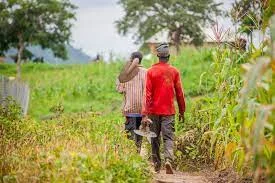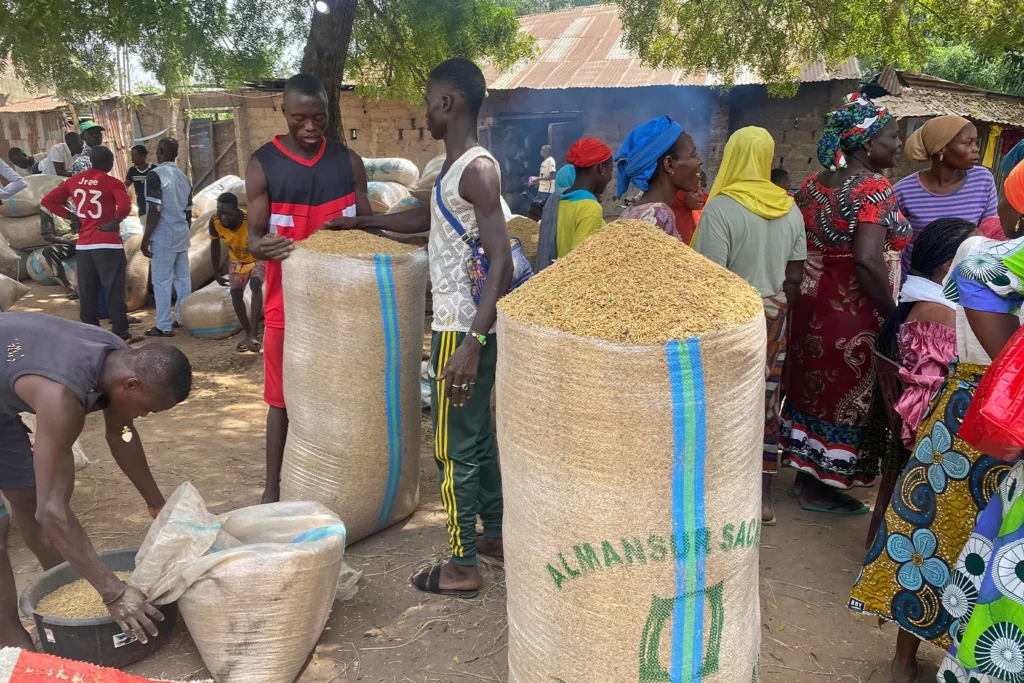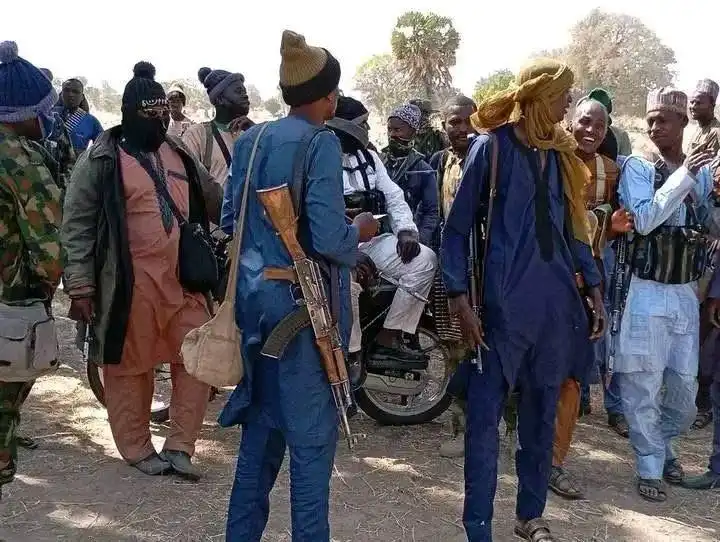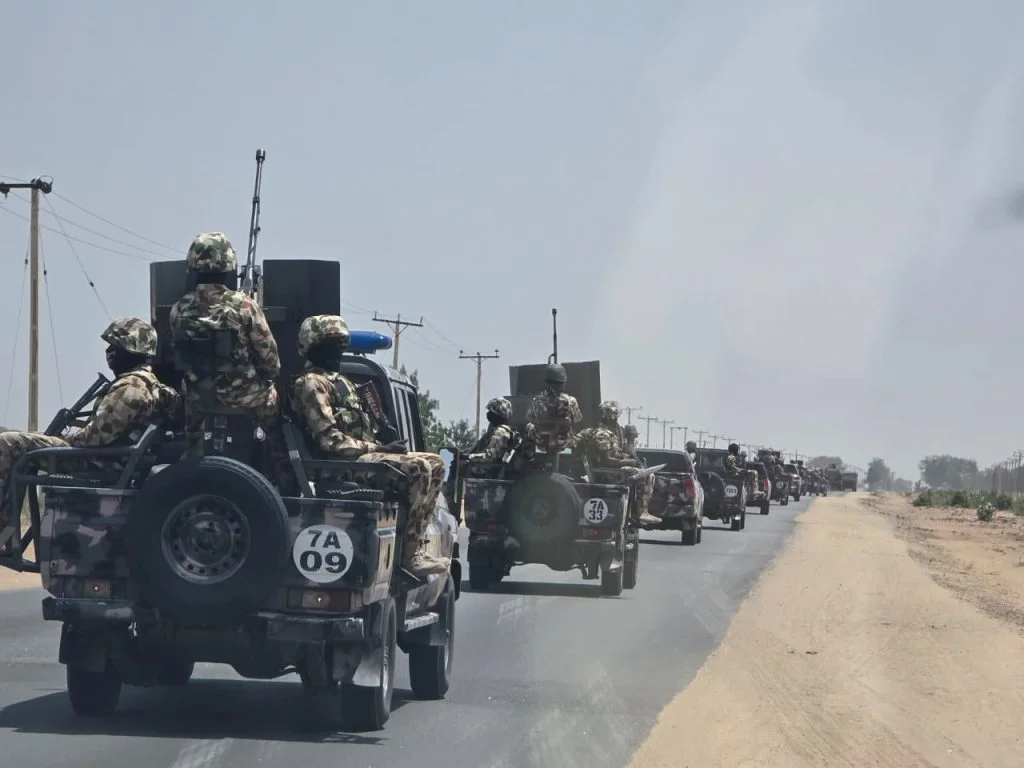The Food and Agriculture Organization (FAO) of the United Nations has issued a grave warning about the deepening food crisis in Northern Nigeria. The agency reports that millions of people across the region are now facing extreme food shortages due to a combination of persistent armed conflict, climatic disruptions, and economic instability. As the lean season intensifies, vulnerable communities in Borno, Adamawa, Yobe, Sokoto, Zamfara, and Katsina states remain at risk of acute hunger and malnutrition.
Climate Extremes and Violence Intensify Hunger
The FAO highlights that the ongoing crisis is driven largely by two interconnected factors: the impact of conflict and increasingly erratic climate conditions. Armed groups continue to disrupt farming activities, displace rural communities, and block access to agricultural inputs and markets. Meanwhile, climate-related challenges such as drought, flooding, and desertification have significantly reduced food production.
Many smallholder farmers in the North have lost entire harvests to floods or droughts, leaving them unable to feed their families or generate income. Additionally, widespread insecurity has forced countless families to flee their homes, abandoning farmlands and livestock. As a result, local food supplies have dwindled, while prices of essential goods such as rice, maize, and millet have soared beyond the reach of the average household.

Rising Malnutrition Rates Spark Concern
One of the most alarming consequences of the crisis is the sharp rise in child malnutrition. According to the FAO, the number of children under five suffering from wasting and stunted growth is increasing rapidly, particularly in Internally Displaced Persons (IDP) camps and conflict-affected rural areas. Health workers on the ground report that humanitarian services remain stretched thin, with many children lacking access to essential nutrition, clean water, and healthcare.
Pregnant and breastfeeding women are also severely impacted, facing heightened risks of complications due to inadequate diets. In some communities, reports suggest families are skipping meals or surviving on wild leaves and roots just to get by.
FAO Calls for Urgent and Coordinated Response
In its latest statement, the FAO calls on the Nigerian government, international donors, and humanitarian agencies to scale up immediate food assistance and invest in long-term agricultural resilience. The organization emphasizes the need to support local food systems through the distribution of seeds, tools, and fertilizers, as well as rehabilitation of damaged farmlands.
Dr. Dominique Burgeon, FAO’s Director of Emergencies and Resilience, stressed the urgency: “Millions of people are at risk of starvation. We must act now not just to save lives, but to restore livelihoods and food production capacity in the most affected areas.”
A Call to Address Root Causes
Beyond humanitarian relief, the FAO also urges policymakers to tackle the root causes of the crisis—namely insecurity, poverty, and climate vulnerability. Strengthening early warning systems, investing in rural development, and enhancing climate adaptation strategies will be critical to reducing long-term dependence on food aid.
Experts also advocate for peace-building efforts, especially in areas plagued by violence from insurgent groups and armed bandits. Without improved security, even the most well-funded food relief efforts may fall short, as aid workers face limited access to high-risk zones.
Outlook Remains Dire Without Swift Action
With the lean season expected to continue through September, the FAO warns that more people could slide into emergency levels of hunger if nothing changes. As the global community responds to food crises in other parts of the world, Northern Nigeria remains one of the most urgent hotspots for intervention.
Unless rapid and sustained action is taken, the region could witness one of its worst hunger emergencies in recent history—one that could destabilize fragile communities even further and reverse years of progress in food security and development.






